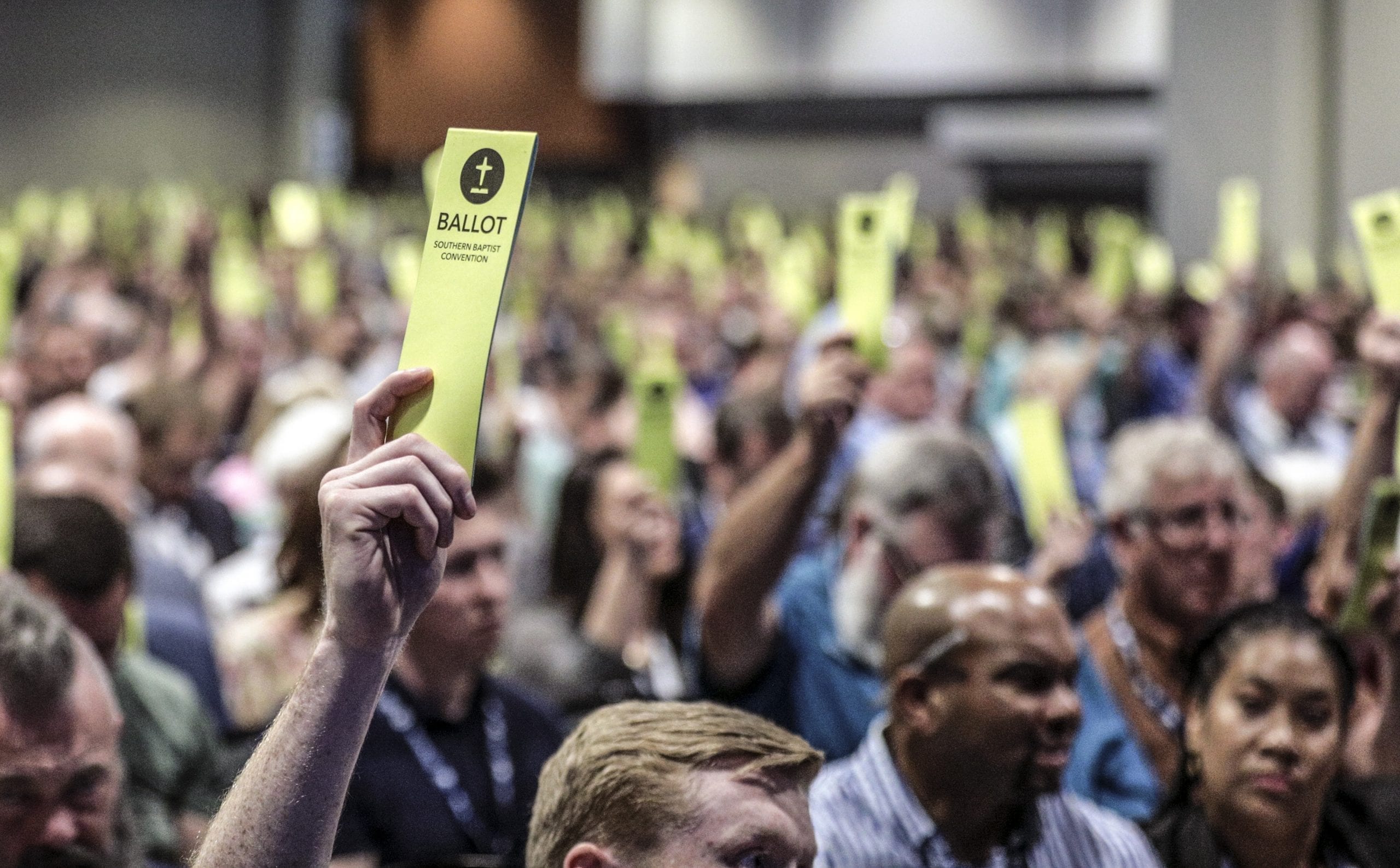There is a lot of disappointment among Bible-believing people across America as a result of the Supreme Court’s decision on the national Defense of Marriage Act (DOMA) law and on California’s Proposition 8. Both measures have been under constant attack by those who want to redefine the moral standards of the country, leaving behind the biblical values that made us strong.
Some Christian leaders are not seeing this as a devastating decision, as bad as it is. Some are not so optimistic. With little personal comment, I want to give you a series of statements from some of these leaders. Maybe their comments will help us gain perspective on the past and focus for the future.
Tony Perkins, president of the Family Research Council, said, “While we are disappointed in the Supreme Court’s decision to strike down part of [DOMA], the court today [June 26] did not impose the sweeping nationwide redefinition of natural marriage that was sought. Time is not on the side of those seeking to create same-sex ‘marriage.’
“As the American people are given time to experience the actual consequences of redefining marriage, the public debate and opposition to the redefinition of natural marriage will undoubtedly intensify.
“What is inevitable is that the male and female relationship will continue to be uniquely important to the future of society. The reality is that society needs children, and children need a mom and a dad. We will continue to work to restore and promote a healthy marriage culture, which will maximize the chances of a child being raised by a married mother and father,” Perkins concluded.
Russell D. Moore, president of the Southern Baptist Ethics & Religious Liberty Commission (ERLC), said, “This decision is far-reaching, with massive implications for family life and religious liberty. The grounding of this decision in equal protection and human dignity means this is not simply a procedural matter of federalism. This is a new legal reality. Regardless of what happens with marriage, the gospel doesn’t need ‘family values’ to flourish. In fact, it often thrives when it is in sharp contrast to the cultures around it. In another sense, though, the marginalization of conjugal marriage in American culture has profound implications for our gospel witness. Marriage isn’t incidental to gospel preaching.
“God designed the one-flesh union of marriage as an embedded icon of the union between Christ and His church. Marriage and sexuality, among the most powerful pulls in human existence, are designed to train humanity to recognize, in the fullness of time, what it means for Jesus to be one with His church, as a head with a body.”
Mark Harris, pastor of First Baptist Church, Charlotte and president of the Baptist State Convention of N.C., provided this statement, “While there is great disappointment in the very divided Supreme Court decisions … it is clear that these decisions are far from the sweeping victory for gay marriage advocates that they and the liberal media are promoting.
“Let’s be clear: First, the Supreme Court upheld the right of states to determine marriage policy. Second, in no way did the Supreme Court declare a universal right to same-sex marriage. Third, the Supreme Court did not strike down Proposition 8, and said nothing against the validity of states having laws or constitutional amendments [that] protect traditional marriage between a man and a woman. In fact, such laws exist in some three dozen states!
“Further, the majority opinion of the Prop 8 case, written by Chief Justice Roberts states, ‘We have no authority to decide this case on merits, and neither did the 9th Circuit,’ referring to the federal appeals court that struck down Prop 8.
“What these decisions do offer, however, is a stark reminder that elections do matter! And the decisions we make on election day ultimately determine the direction of our nation’s highest court!”
Mark Creech, executive director of the Christian Action League of N.C., said, “Today is one of the saddest days in our nation’s history. We’ve watched the highest court in the land essentially legislate from the bench, trumping the will of the people both in California and America.
“The only redeeming aspect of the rulings are that there was nothing in them so broad sweeping as to find a constitutional right to same-sex marriage. Neither do they overturn constitutional amendments protecting marriage as one man and one woman, like the one North Carolina approved by a 61 percent – 39 percent margin in May of last year. Still, make no mistake, these rulings were a major boost for those seeking to redefine marriage and unquestionably provide the legal foundation for them to do it.
“For too many years churches have been largely disengaged from the political process and now we are seeing the fruits of that disengagement. Our churches have failed to engage the culture with the gospel of Christ and with the truth of God’s word. Rather than providing a clear moral compass, many mainline churches have acquiesced and now reflect some of the same perverted values of the world around us. … This always spells disaster.”
Tami Fitzgerald, executive director of the NC Values Coalition, said in a statement, “Today the Supreme Court upheld the right of states to determine marriage policy. … We are thankful that North Carolina’s marriage amendment is not immediately impacted by the ruling. Citizens in the 50 states are still free to debate, discuss and defend marriage.
“We did the right thing in passing our Marriage Amendment last year, and North Carolina has one of the strongest marriage amendments in the country.”
Fitzgerald believes, “the Supreme Court got it wrong.”
She added, “The Supreme Court’s ruling does not impact North Carolina’s marriage amendment or the 36 other states that have protected marriage as the union of one man and one woman. … If there are any future challenges to North Carolina’s marriage amendment, it is the job of our Attorney General, under the state’s Constitution, to defend it.”
In a Newsmax story, Ralph Reed, founder and chairman of the Faith & Freedom Coalition, said he believes the Supreme Court has “… been an activist court for decades. Right now there are four conservative votes and four liberal votes.
“Anthony Kennedy is the swing vote, and in this case he came down on the side of judicial activism. If you look at the [DOMA] ruling … they ruled that the state, not the federal government, should be allowed to define marriage for purposes of that state’s customs, laws, and traditions. They ruled the states were more powerful in making this decision than the federal government.
“And in the California marriage case where the state defined marriage as between a man and a woman and a federal district court overturned that ruling, they ruled that that decision would stand. It’s really a case of jurisprudential incoherence.
“On the one hand they’re saying that state law takes precedence; on the other hand they’re [disallowing] a state law – not just any state law but a law in which the people of California voted not once, but twice to keep marriage defined the way it has been defined for over 160 years in California, which is as between a man and a woman.”
What should your church do? The ERLC has provided a downloadable document to help you answer that question.


